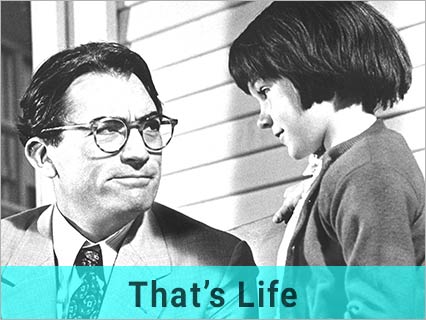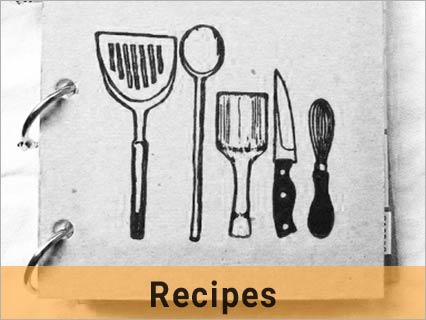When the other choice gets taken away…
11 Sep 2024
Dear LPG readers,
There is no disputing that whatever else we are, we have been consumers since quite near the beginning of time. We started out bartering and exchanging what we needed for what we had too much of. I have found internet evidence of people making bargains with each other forever, and the idea of having a currency which could be swapped for any item or service began as early as the 10th century BC.
Since then, we have come a long way, reached perfection, and are now on our way past it. To my mind, cash (although I accept that others had a right to choices) was a perfect way to pay for things. You could instantly see what you had, how much you had spent, and how much you had left, but now we are moving past the time when having notes or coins in our pockets was vital.
The government and corporate world have been able to lead us into an era where cash is used less, and all the help that the recent pandemic provided has got us using less physical money than ever. It has genuinely speeded up the buying process but also limited our choices about how we pay. Most of us could not get out during lockdown, so we had no reason to use the money for a while, and those who could be frightened to touch cash for fear of contamination. Now that the lockdown is well and truly over, some are completely happy with what started as a choice, but how long will it be before the cash option is taken away altogether?
The safety aspect of card touching compelled many people to continue not to use their PINs after the risk of infection had passed. How long will it be before our original button-pressing option is considered unnecessary? Nearly all of us are now used to paying by card, and having your card on your smartphone is truly popular with the young. How long before we are all forced to do that? – I read that two-thirds of us have a credit card, and ninety per cent have a bank debit card. But what of the ten per cent who have not and still don’t want one?
After 329 years of face-to-face banking, the high street branches are disappearing frighteningly fast. They started disappearing in the mid-1980s, and one internet source speculates that there will not be a high street bank left by 2032.
The many more modern ways that we are told the majority of us have learned to pay is helping us to give away our choices and there are so many other examples of the same thing happening that many of us still miss the point.
We were introduced to supermarket self-checkouts in the 1950s when a Sainsbury’s in Croydon first offered the option. At the time, it was a novelty choice, but how long would it be before the human cashier was no longer an option?
We only have to look at the situation with British Rail ticket buying. They say that only twelve per cent of tickets are now sold at the ticket office and manual ticket offices need to go, but I suspect that most of the fares bought at kiosks are bought by pensioners who cannot use the machines. If you can’t use one, you are supposed to be able to get a member of station staff to help. I recently tried to get a member of BR staff to use a ticket machine to buy my ticket while adding that I had a Freedom pass and a British Rail discount card, and they told me to get the ticket on the train from the guard. Either discount tickets can’t be bought on a machine, or the staff didn’t know how to produce one for me.
I could not drive in the 1920s, but it was accepted that you went into a petrol station and an attendant would put the petrol into your car. The internet tells us that April 11th, 1963, was the day that the first British self-service petrol pump was offered, and now we all do it ourselves. I have to say that I still drive now, but the latest ‘pay at the pump’ garages confuse me. We can still choose to go to the kiosk and pay, but for how much longer?
These are just a few examples of self-services that are becoming mandatory. However, they were initially offered as optional, and statistics are usually the reason given for confiscating those choices.
As much as I like some of the things that information technology offers, all its offerings give us choices but eventually force the original choice to disappear. The saddest thing is that the original alternatives are the ones that suit older people better, and we are the people who are most likely to suffer as a result. This is the reason why I would implore anyone who reads my message and still can choose to go to the bank rather than use the phone or internet from time to time, to opt for the old-fashioned systems of paying for supermarket groceries, getting a train ticket, filling the car with petrol by taking that walk to the man behind the counter so that those statistics remain as high as possible.
We oldies get a bit slower with time and are the age group likely to have the time to spare to do things the slow way…
PL, Lewisham
…and LPG adds some information on today’s celebration…







